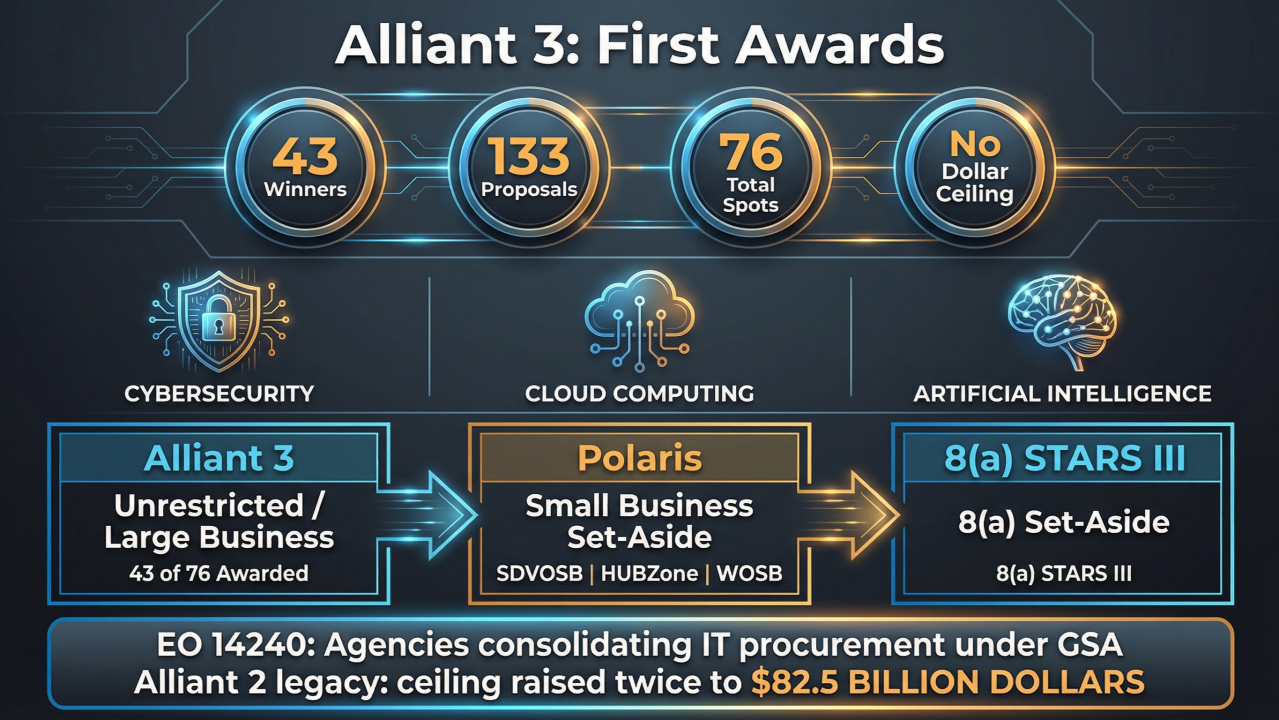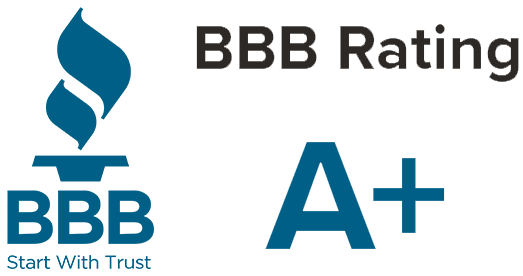Let Time Be on Your Side
Rose Report: Issue 33

Planning in the every day
When it comes to short-term initiatives, like managing payroll or daily accounting duties, the key is organization. The first step is to prioritize your list of tasks in order of importance. Create a to-do list of the steps that need to be accomplished in order for a short-term task to be completed. Keep track of these tasks on an automated platform or through an online app. These platforms not only cut down on the paper trail—they make the process more efficient, reducing potential mistakes and saving you valuable time. By carefully configuring your financial processes and then monitoring the processes, you will save time and frustration.
Keep in mind: if you fail to plan, you’re planning to fail.
You have to get the work done today, but you can’t ignore tomorrow
As any successful CEO knows, long-term financial planning is critical to a company’s success. However, it tends to be placed on the back burner when short-term initiatives are a priority. Planning for long-term financial initiatives, like budgets, involve many of the same steps as short-term tasks. However, with long-term initiatives, you need to set consistent deadlines and be diligent at keeping them. Studies show that multitasking is ineffective, so make sure to block off time dedicated to your long-term initiatives.
Know when it’s time to get help
Many small business owners take on more initiatives than time allows. Ask yourself how much time you spend on short- and long-term tasks and whether that time can be used to generate additional revenue. Hiring a firm to handle your accounting and financing needs will give you the time to grow your business and provide you with the work life balance that you deserve.
Share this article:
Visit Us On:




